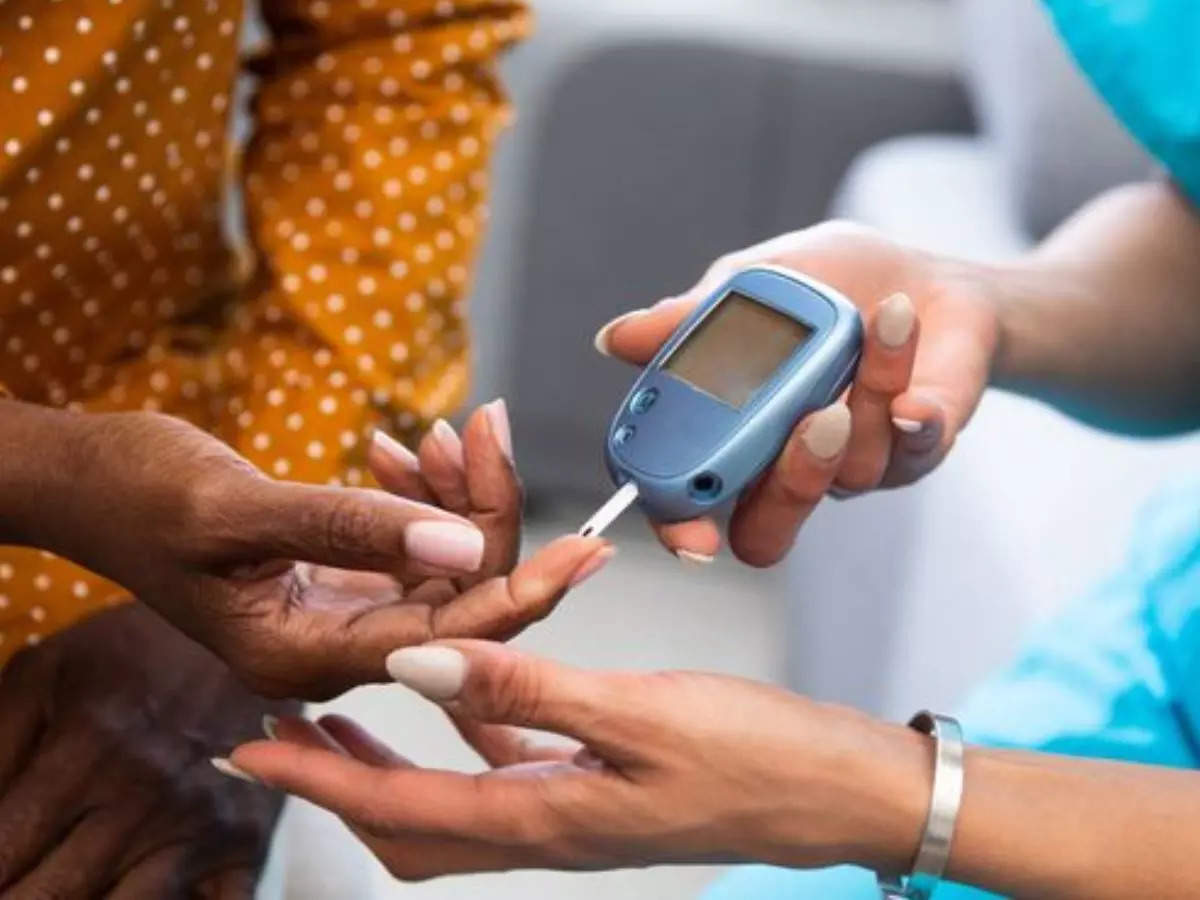
By Mariam Sunny and Sriparna Roy
London: The U.S. Food and Drug Administration‘s staff said on Wednesday the use of Novo Nordisk‘s long-acting weekly insulin had an increased risk of low blood sugar in patients with type 1 diabetes, who are more insulin-dependent.
Novo is aiming to become the first to bring to the market a weekly insulin product, offering an alternative to the daily insulin injections for millions of patients with type 1 diabetes and the more common type 2 patients.
The company has proposed a label to suggest the use of continuous glucose monitoring devices for measuring blood sugar, among other methods, in type 1 diabetes patients, the FDA reviewers said.
The FDA staff, however, said there was no clinical data to support Novo’s proposed methods for mitigating the risks associated with hypoglycemia, a condition in which blood sugar levels drop below the standard range.
Novo has tested its weekly insulin icodec in six late-stage trials involving more than 4,000 adults with diabetes, out of which only one tested it in patients with type 1 diabetes.
In the trial, patients with type 1 diabetes on insulin icodec showed 50 per cent to 80 per cent more clinically significant or severe hypoglycemia compared to once-daily insulin degludec, which Novo sells under the brand name Tresiba.
Patients with type 1 diabetes definitely are at a higher risk for hypoglycemia, Richard Siegel, associate professor at Tufts University School of Medicine, told Reuters ahead of the review documents.
“There probably should be discussions as to how much of a change week to week should be made if blood sugars are not necessarily at goal,” Siegel said.
A panel of independent FDA advisers will meet on Friday to vote if insulin icodec’s benefits outweigh its risks.
The FDA is not obligated to follow the advisory panel’s recommendations, but it usually does.
Rival Eli Lilly is also developing its own once-weekly insulin injection, efsitora, which has shown blood sugar reduction consistent with commonly used daily insulins in two studies, in patients with type 2 diabetes.
(Reporting by Mariam Sunny and Sriparna Roy in Bengaluru; Editing by Tasim Zahid and Shilpi Majumdar)






